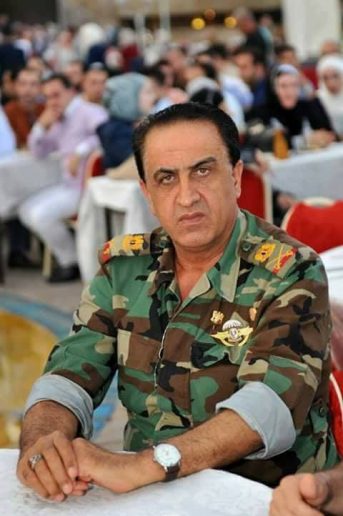Syria
Syrian Army promotions continue as prominent commander is given new role


Another prominent Syrian Arab Army (SAA) commander has received a promotion this week as the military’s high command looks to finalize roles for next year.
According to a military source, Major General Zaid Saleh has been named the Deputy Director/Vice President of the Syrian Republican Guard, effective immediately.
Major General Saleh was previously the commander of the Republican Guard’s 30th Division that was leading operations in the Aleppo Governorate; he will now oversee operations all over northern Syria.
The former 30th Division commander will replace General Malek Alia as the Deputy Director of the Republican Guard.







